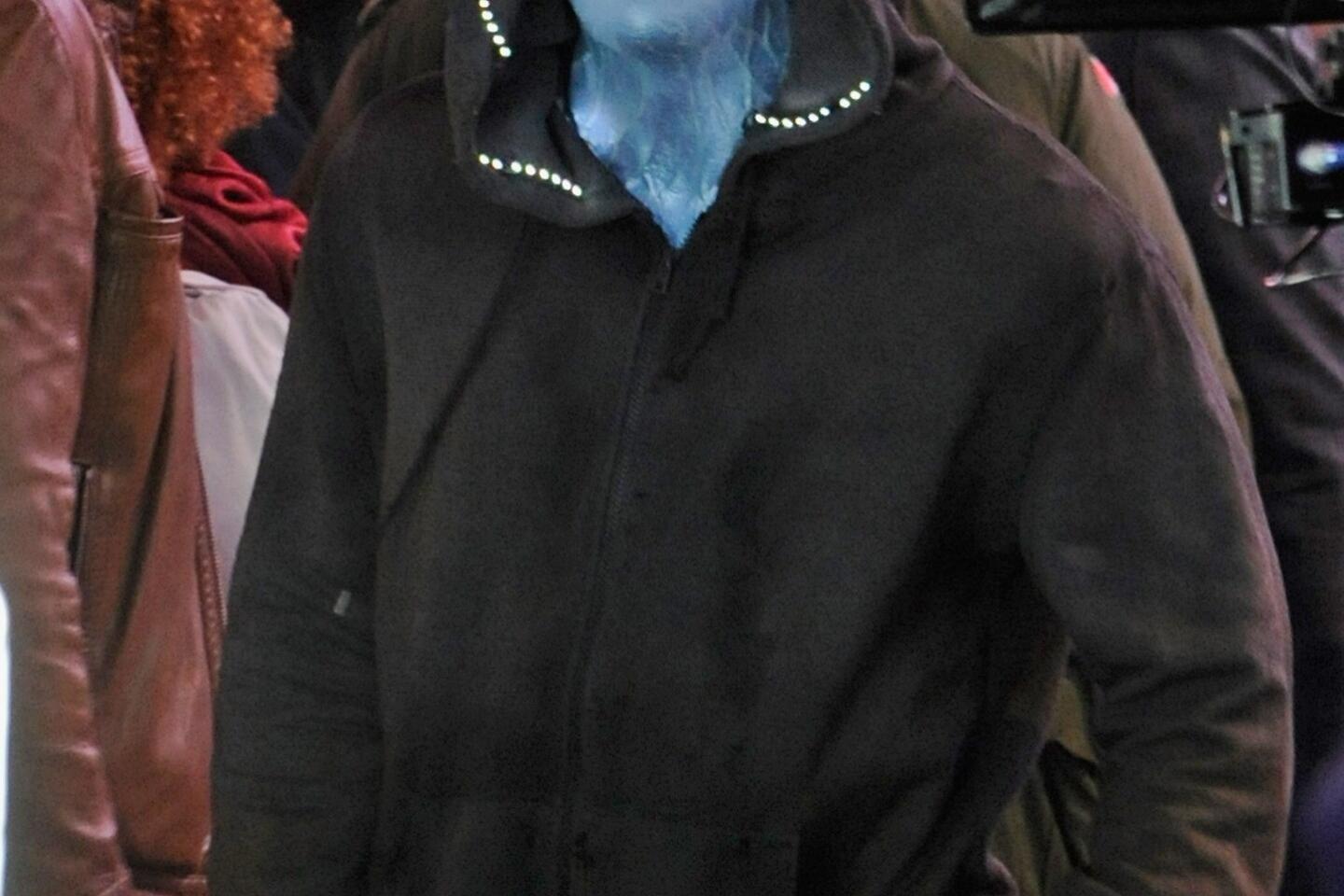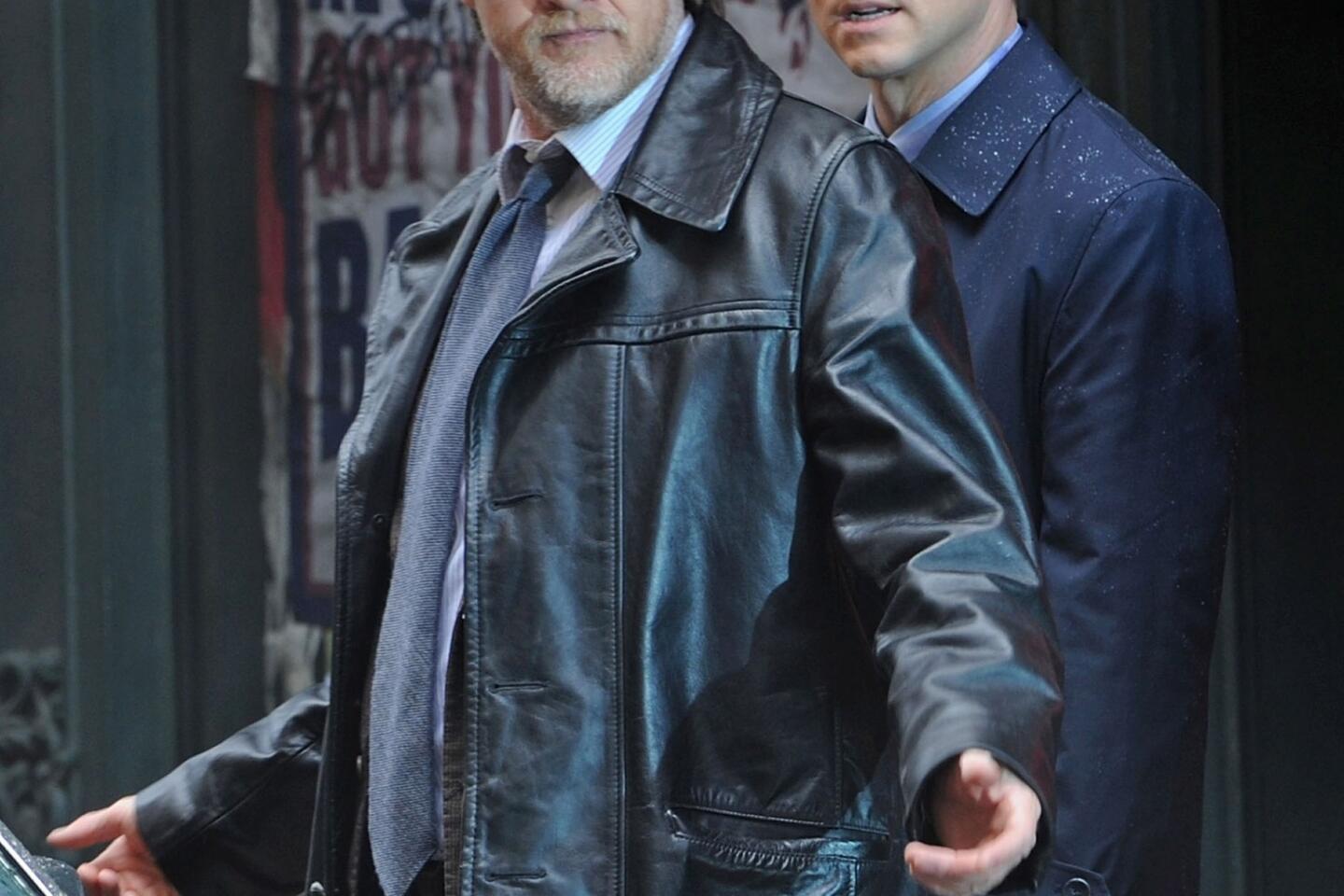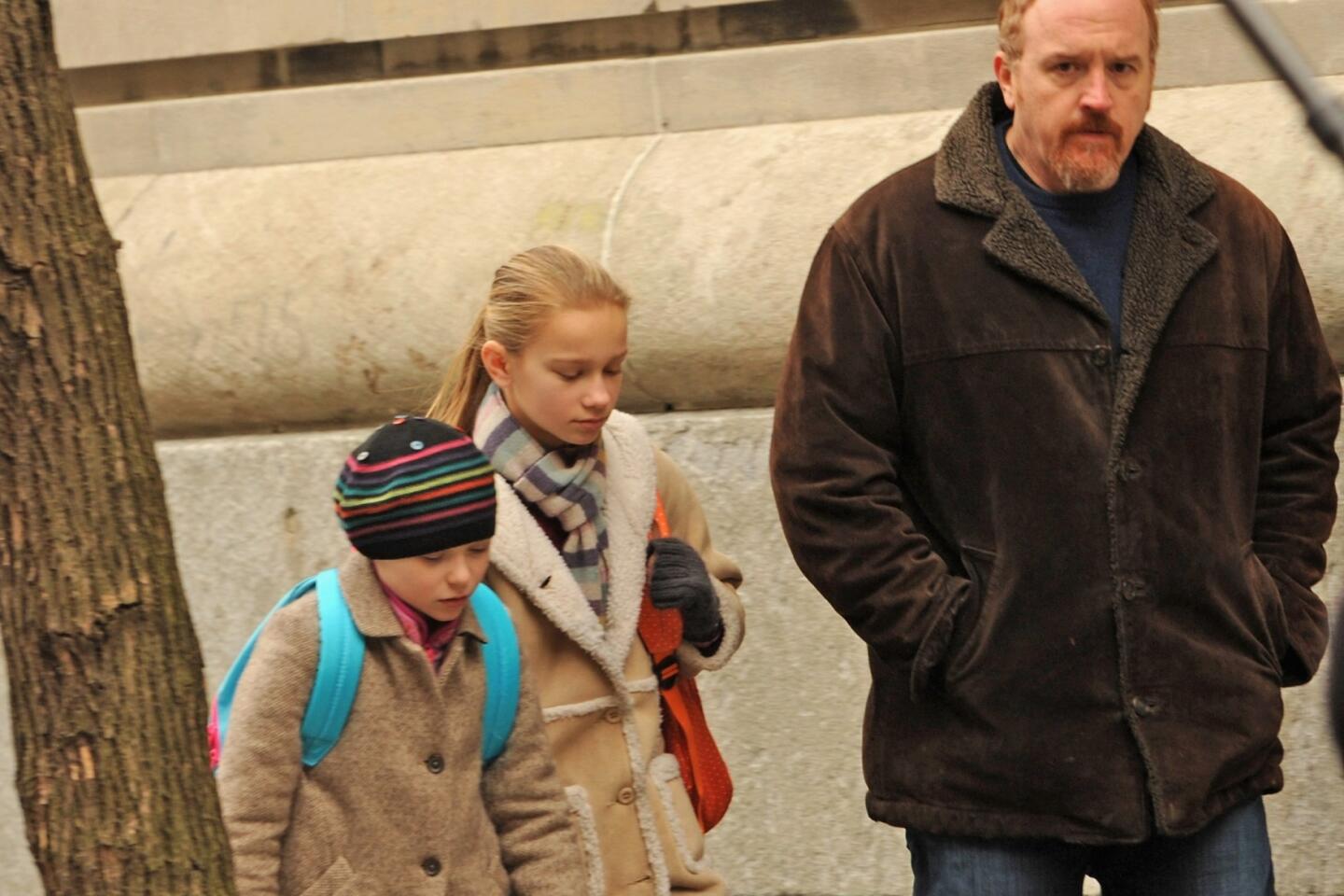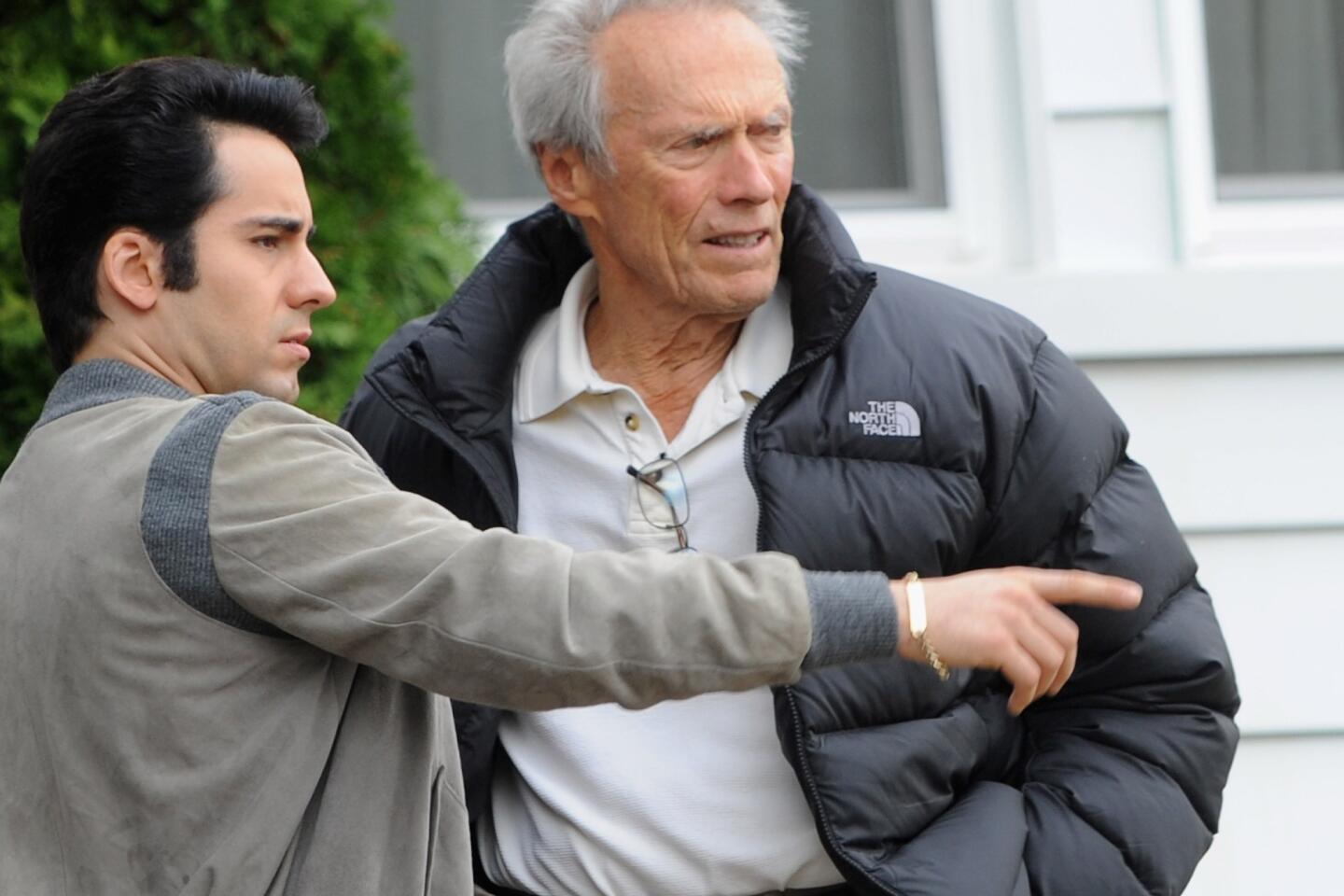Entertainment execs ask lawmakers to bolster state film tax credit
A group of entertainment industry executives and labor leaders called on state lawmakers to beef up California’s film incentives -- or risk losing a homegrown industry to rivals.
At a state committee hearing held at SAG-AFTRA headquarters in Los Angeles, industry officials praised California’s film and TV tax incentives, which were adopted in 2009 to stop the migration of film and TV work.
They cited the Oscar-winning film “Argo” and the TV series “Teen Wolf” as examples of projects that have been filmed in California specifically because of the tax credits they received.
PHOTOS: Fall movie sneaks 2013
But several speakers at the hearing said the program needs to be improved and expanded to compete with other states and countries that are grabbing a larger share of the business.
“We’re competing with states that have unlimited fuel capacity, and they’re lapping us,” said Gregg Bilson Jr., chief executive of Independent Studios Services, a Sun Valley company that provides props for the film and TV industry, said he has opened up five companies in other states in recent years as production has moved out of California.
“What started here doesn’t have to be done here,” Bilson added. “It’s a mobile industry, and they are filming everywhere but here right now for the simple reason it’s money. We need more money. We need to make it more efficient and simplify it.”
Kevin Fortson, senior vice president of Warner Horizon Scripted Television, credited California’s incentives for keeping the popular TV drama “Pretty Little Liars” in L.A.
FALL TV 2013: Watch the trailers
But he noted that ABC Family’s spinoff show, “Ravenswood,” is filming in Louisiana because it didn’t qualify for a California credit and was put on a waiting list.
“It’s a crapshoot,” Fortson said. “You don’t know whether you’re going to get in...California is not a place we can depend on.”
Gov. Jerry Brown signed the latest round of tax credits last year, which authorize $100 million in credits annually until July 1, 2017.
Those who spoke at Wednesday’s hearing recommend several changes. Among them: increasing funding; allowing movies with budgets greater than $75 million to qualify, including network television shows (not just basic cable programs); and eliminating a lottery system that makes it difficult for producers to plan ahead.
Whether those changes will take effect remains to be seen. Efforts to expand tax breaks for the industry have traditionally faced opposition from lawmakers in Northern California and some other unions, including the California Teachers Assn.
Some lawmakers also have questioned the costs of the program, citing a study by the state’s Legislative Analyst’s Office that said the program caused a net loss in state revenue. Studies by UCLA and the Los Angeles County Economic Development Corp., however, said the incentives have provided an economic boost.
ON LOCATION: Where the cameras roll
Christine Cooper, an economist at LAEDC, reiterated that conclusion at Wednesday’s hearing, saying a review of 128 projects that received film tax credits showed the state received $1.16 back for every $1 spent on those productions.
The message of support from Cooper and others seemed to resonate with members of the Assembly Committees on Revenue & Taxation and Arts, Entertainment, Sports Tourism & Internet Media that hosted the event.
“To put it bluntly, this is our signature industry here in California, and we must make sure that we do everything possible to retain one of the pillars of our economy,” said Raul Bocanegra, (D-Los Angeles), who chairs the Assembly Committee on Revenue & Taxation.
Bocanegra, who co-hosted Wednesday’s meeting, has introduced legislation that would extend the film tax credit program. Assemblyman Mike Gatto and state Sen. Kevin De León also have announced plans to introduce legislation to improve the program.
ALSO:
Megyn Kelly delivers for Fox News
Disney to stop offering paper stock certificates
Internet ad spending tops $20 billion in first half of 2013
More to Read
From the Oscars to the Emmys.
Get the Envelope newsletter for exclusive awards season coverage, behind-the-scenes stories from the Envelope podcast and columnist Glenn Whipp’s must-read analysis.
You may occasionally receive promotional content from the Los Angeles Times.


















































